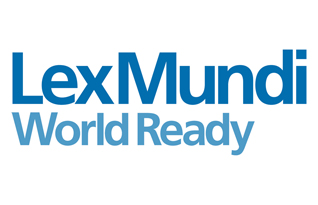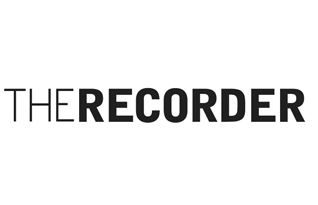At some point during our professional upbringing, we were conditioned to strip our business relationships and interactions of anything and everything personal. This all-too-common practice suggests that professionals have one persona that is “all business” and a second that is “personal” and rarely the two shall meet.
Couple that conditioning with a communications environment ripe with email, texting, internet browsing, tweeting, and Facebooking, and it’s no wonder why we continue to have issues connecting. The tools we were told would help us stay better connected seem to be working against us!
Daily, I find myself fighting the de facto urge to email or text instead of picking up the phone or walking down the hall to have a live conversation. This is especially true when resolving conflict or communicating an important business decision. Whether it’s truly more convenient to email or just an excuse to justify one’s passive aggressive tendencies, many of us use it as a mechanism for issue avoidance.
One element of a strong, personal brand is that it evokes strong emotion among a target audience. Such emotion leads individuals to action. We vote for politicians who we feel understand our issues and share our beliefs. We donate to charitable causes that pull at our heart strings. We vow to be better humans, spouses, parents, neighbors, friends, and citizens from moving speeches and religious sermons.
As much as we would like others to find us likable and relevant based on our intellectual capacity, more often than not we influence and persuade others based upon how we make them feel through our interactions.
Consider the following recommendations for putting the person back into business, and notice the positive impact it will have on your reputation.
Remembering names. Dale Carnegie said, “A person’s name is to him or her the sweetest and most important sound in any language.” Make a positive, first impression by improving your ability to remember others’ names.
In-person communication. Misinterpreting the desired tone or context of one’s message is the biggest drawback with email. Your chances of being an effective communicator increase exponentially if you’ll pick up the phone or meet in person.
Write notes. When was the last time you received a hand-written note? How did it make you feel? What impression did the sender leave with you? Because they are rare, hand-written notes communicate that the sender cared enough to make the communication more meaningful. The same goes for holiday cards. Take the time to personalize them.
Celebrate others’ wins. Be mindful of and celebrate others’ accomplishments. This can include a contact publishing an article, closing a business deal, receiving an accolade, or celebrating new life.
Share personal details. When introducing yourself, speaking and presenting, or networking, be more relatable through story telling. Include personal (yet appropriate) elements that not only communicate your business objective, but give listeners insight into who you are as a person. Personal details can include a life lesson, a memorable experience, or an unexpected outcome to a business transaction. By revealing aspects about yourself, others will feel as though they know you better, which is the first step to building a relationship.
When I reflect on the host of talented professionals I’ve worked and associated with, the ones who stand out the most are those who exhibit certain qualities–authentic, upbeat, optimistic, friendly, thoughtful, and level headed.
As digital communication becomes more and more impersonal, distinguish yourself–and your personal brand–by infusing your personality into your business persona.

















